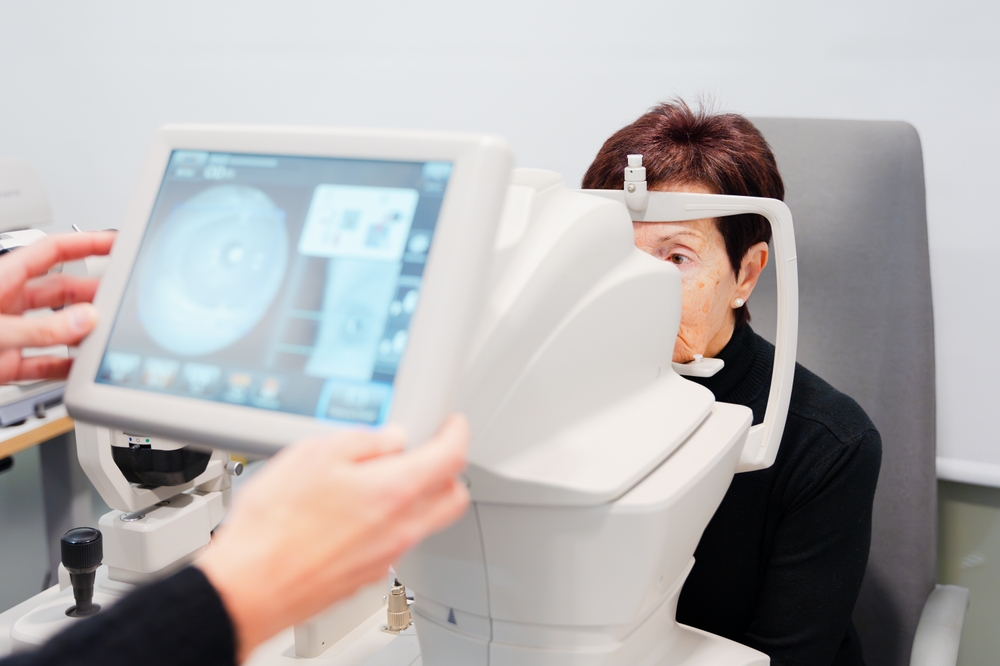
Diabetes is a chronic condition that affects the body's ability to regulate blood sugar levels. Over time, high blood sugar levels can cause damage to various parts of the body, including the eyes. The retina is particularly vulnerable to the effects of diabetes, as the small blood vessels that nourish it can become weakened and leaky, leading to the development of diabetic retinopathy.
What is Diabetic Retinopathy?
Diabetic retinopathy is a serious eye condition that can develop in individuals with diabetes. This condition affects the small blood vessels in the retina, the light-sensitive tissue at the back of the eye. When these blood vessels become damaged or blocked, it can lead to vision problems and even blindness if left untreated. As a person living with diabetes, it's crucial to understand how this condition can impact your vision and what you can do to manage it effectively.
Prevalence and Risk Factors of Diabetic Retinopathy
Diabetic retinopathy is a common complication of diabetes, affecting an estimated 93 million people worldwide. Factors that can increase your risk of diabetic retinopathy include:
Duration of Diabetes: The longer you've had diabetes, the higher your risk of developing diabetic retinopathy.
Poor Blood Sugar Control: Consistently high blood sugar levels can accelerate the damage to the blood vessels in the retina.
High Blood Pressure: Uncontrolled high blood pressure can worsen the effects of diabetic retinopathy.
Pregnancy: Hormonal changes during pregnancy can cause diabetic retinopathy to progress more rapidly.
Kidney Disease: Kidney disease, another common complication of diabetes, can also increase the risk of diabetic retinopathy.
How Diabetic Retinopathy Affects Vision
Diabetic retinopathy can affect your vision in several ways, depending on the stage and severity of the condition. In the early stages, diabetic retinopathy may not cause any noticeable vision problems. However, the damage to the blood vessels in the retina can lead to minor vision changes, such as increased sensitivity to glare or difficulty seeing in low light conditions.
As the condition progresses, new abnormal blood vessels can start to grow on the surface of the retina. These vessels are fragile and can easily bleed, leading to vision loss. This stage of diabetic retinopathy is known as proliferative diabetic retinopathy. In severe cases, the growth of abnormal blood vessels can cause the retina to detach from the back of the eye, leading to sudden and severe vision loss.
Diabetic retinopathy can also cause the macula, the part of the eye responsible for central and detailed vision, to swell. This condition, known as macular edema, can result in blurred or distorted vision, making it difficult to perform tasks such as reading or driving.
The Importance of Regular Eye Exams for Early Detection and Monitoring
Regular eye exams are crucial for individuals with diabetes, as they can help detect diabetic retinopathy in its early stages when it is most treatable. Your optometrist can use specialized imaging technology, such as fundus photography and optical coherence tomography (OCT), to assess the health of your retina and monitor any changes over time.
Early detection and treatment of diabetic retinopathy can significantly reduce the risk of vision loss. By working closely with your eye doctor and following their recommendations for managing your diabetes and eye health, you can take control of your vision and maintain your quality of life.
Schedule Your Diabetic Eye Exam with Vista Eyecare Today
Diabetic retinopathy is a serious eye condition that can have a significant impact on your vision if left untreated. However, by understanding the condition, taking steps to manage your diabetes, and going for regular eye exams, you can take control of your eye health and reduce the risk of vision loss.
If you have diabetes or are concerned about your eye health, schedule a consultation with Vista Eyecare. Comprehensive eye examinations for anyone being treated for diabetes are covered by Saskatchewan Health once every 12 months. Contact our office in Saskatoon, Saskatchewan, by calling (306) 955-3811 to take the first step towards protecting your eye health today.





